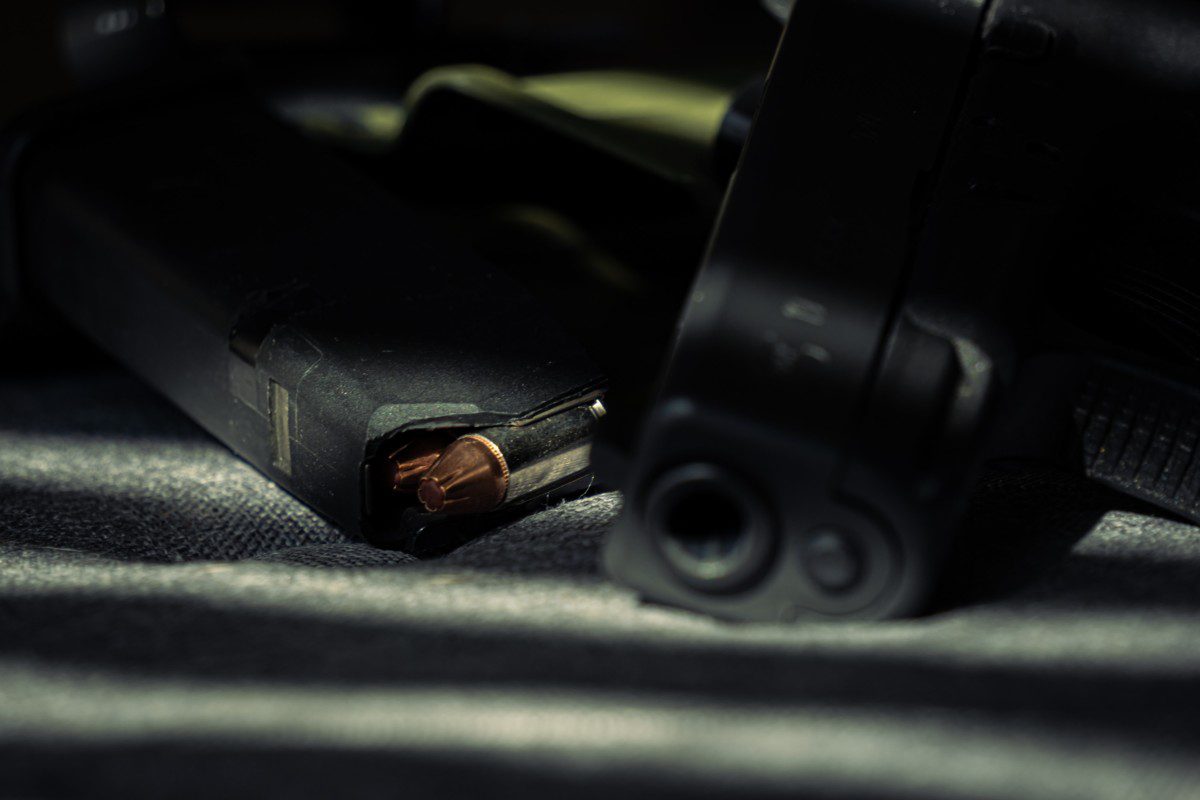Bruen Aftershock Moves through Maryland

We recently discussed one of the very first post-Bruen court orders: a Colorado federal district court granted a temporary restraining order (TRO) prohibiting the enforcement of a Town of Superior ordinance that would have restricted gun ownership and gun rights within the town limits. While we will not see analysis at the appellate level for quite some time, we will continue to see more decisions like the Colorado court’s: seismic shifts that impact local ordinances affecting gun rights. Shock waves have already reverberated through Maryland, which, along with a handful of other states, has traditionally imposed a far-reaching ban on assault weapons.
An Update on Maryland’s Wear and Carry Laws Post-Bruen
Over the summer, Maryland changed its “wear and carry” requirements in light of Bruen. Pre-Bruen, Maryland law required gun owners to prove a “good and substantial reason” to carry a concealed weapon. Qualifying reasons have included facing an immediate and present danger, a high government security clearance, and owning a business, for instance.
The standard in Maryland was similar to the New York law that SCOTUS struck down, meaning that it would not survive the new analysis under Bruen. Accordingly, when the news on Bruen broke, the State government responded quickly. In July, Maryland Governor Larry Hogan issued a statement directing the State police to suspend the good and substantial reason standard when reviewing applications for wear and carry permits.
Interest groups in the State reacted to this suspension. Most notably, the local council in Montgomery County introduced a bill that would prohibit the possession of firearms “in or near places of public assembly” (with certain exemptions). More specifically, it proposes to remove an exemption that allows people with certain handgun permits to possess their guns within 100 yards of a place of public assembly, and would “generally amend the law regarding restrictions against firearms in the County.”
The Montgomery County Attorney responded by saying he would drop illegal carry charges against citizens who were denied a wear and carry permit because they failed to meet the good and substantial reason standard.
The Demise of Kolbe, Bianchi, and Their Progeny
The Montgomery County bill, and others like it, are unlikely to survive. This is especially true given the recent news of SCOTUS vacating four gun rights cases and remanding them to lower courts for re-evaluation within the Bruen framework. One of these was a 2021 Maryland case called Bianchi v. Frosh. Striking down this case would also invalidate other Fourth Circuit precedent.
Various activist groups in Maryland have been fighting the assault weapon ban for years. In a 2017 case called Kolbe v. Hogan, the Fourth Circuit upheld Maryland’s assault weapon ban. The Bianchi case followed in 2021, when the Fourth Circuit rejected a challenge to the assault weapon ban, citing Kolbe as precedent. The reasoning was that the banned assault weapons were similar to those used in military service, which fell outside the ambit of the Second Amendment right to bear arms.
But after Bruen, SCOTUS vacated the assault weapon ban that the Fourth Circuit initially upheld, saying it did not burden the constitutional right to bear arms and furthered the universal interest of public safety. And so Kolbe and Bianchi, and any similar cases stemming from them, are no longer valid as they stand.
What Comes Next?
Another Maryland case to watch is called Maryland Shall Issue v. Hogan. Maryland Shall Issue, or MSI, is the State’s leading gun rights advocacy group. MSI filed a lawsuit against the democratic Attorney General to challenge the State’s firearm licensing requirements. The case is currently pending review by the Fourth Circuit.
What do these shifts in Maryland law signal for other Fourth Circuit Court of Appeals states? It is likely that conceal carry permits will become widespread as the bar to admission lowers. Assault weapons bans are unlikely to withstand the new, lesser level of scrutiny SCOTUS imposed. And the “in common use” prong of the Bruen test (i.e., is the type of firearm at issue in common use so that it falls within the purview of the Second Amendment?) will likely face intense debate.
Federal §2255 Motions Based on Bruen
Federal criminal defense and §2255 habeas corpus lawyer Elizabeth Franklin-Best helps individuals prepare for potential challenges to their convictions or sentences based on the Supreme Court’s decision in NYSRPA v. Bruen. Our firm regularly files §2255 motions in federal courts. We also help our clients challenge convictions at the state level in federal habeas corpus actions.
For more information about our firm or our services, or to schedule a consultation about your case, you may contact us at (803) 445-1333 or send us an email.
